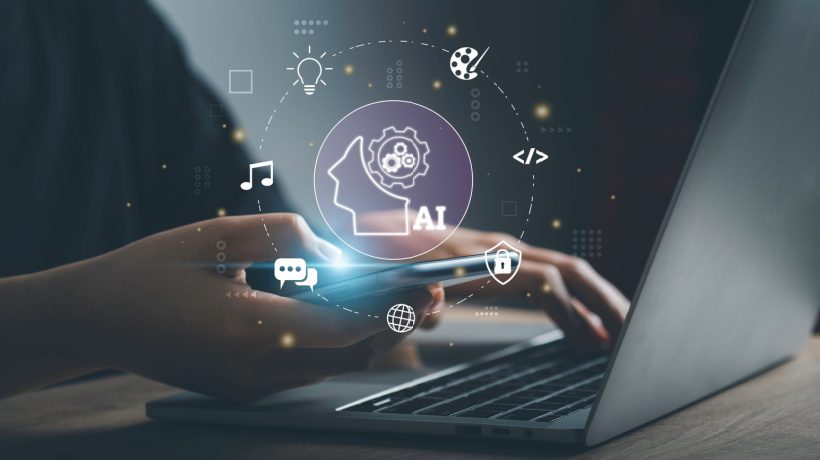In the realm of education, the concept of personalized learning is not merely a trend but a profound shift in how instruction is delivered and received. This tailored approach acknowledges that each learner is unique, possessing distinct abilities, interests, and learning styles. Personalized learning aims to customize the educational experience to fit the individual needs of each student, thereby enhancing learning outcomes and fostering a deeper connection with the material. Let’s explore how personalized learning can benefit learners, reshaping the educational landscape into a more inclusive, effective, and engaging domain.
Catering to Individual Learning Styles
At its core, personalized learning recognizes that students learn in myriad ways. Some may grasp concepts better through visual aids, while others prefer auditory explanations or hands-on activities. Traditional classroom settings, with their one-size-fits-all approach, often fail to accommodate these varied learning styles, leaving many students disengaged or underchallenged. Personalized learning, however, leverages technology and pedagogical strategies to cater to these differences, ensuring that all students can learn in a way that suits them best. This not only boosts comprehension and retention but also builds students’ confidence in their ability to learn and succeed.
Flexible Pacing
Another significant advantage of personalized learning is its flexibility in pacing. Traditional education often moves at a uniform speed, advancing through the curriculum according to a preset schedule. This can be frustrating for quick learners who may feel held back and overwhelming for those who need more time to understand complex concepts. Personalized learning eliminates this issue by allowing students to progress at their own pace. Advanced learners can tackle more challenging material or delve deeper into topics of interest, while those who need extra time can receive it without the stigma of falling behind. This flexibility ensures that every student reaches their full potential without unnecessary stress or boredom.
Enhanced Engagement and Motivation
By aligning educational content with students’ interests and real-world applications, personalized learning significantly enhances engagement and motivation. When students see the relevance of what they are learning to their lives and future careers, they are more likely to invest time and effort into mastering the subjects. Personalized learning environments often incorporate project-based tasks, real-world challenges, and choice in assignments, allowing students to explore their passions and apply their knowledge in meaningful ways. This not only makes learning more enjoyable but also cultivates critical thinking, creativity, and problem-solving skills essential for success in the 21st century.
Immediate Feedback and Support
The use of technology in personalized learning environments facilitates immediate feedback, a crucial component of the learning process. Digital platforms can quickly assess students’ understanding, providing instant responses to queries and submissions. This immediacy helps students identify areas of weakness and address them promptly, rather than waiting for periodic exams or assignments. Moreover, teachers can use data from these platforms to offer targeted support, intervening when necessary to guide students through challenging concepts. This ongoing support system ensures that students do not fall through the cracks, bolstering their confidence and encouraging a growth mindset.
Preparing for the Future
Personalized learning not only addresses immediate educational needs but also prepares students for the future. In an increasingly complex and rapidly changing world, the ability to learn independently, think critically, and adapt to new situations is invaluable. Personalized learning environments foster these skills by encouraging self-directed study, critical analysis of information, and the application of knowledge in diverse contexts. By emphasizing skills such as digital literacy, collaboration, and communication, personalized learning ensures that students are well-equipped to navigate the challenges and opportunities of the future.
Conclusion
The benefits of personalized learning are manifold, offering a more inclusive, effective, and engaging educational experience. By acknowledging and catering to the individual needs of each learner, personalized learning has the potential to transform education, making it more relevant, enjoyable, and impactful. As educational institutions continue to embrace this approach, we can look forward to a future where every learner has the opportunity to unlock their full potential, equipped with the knowledge, skills, and confidence to succeed in whatever path they choose.

